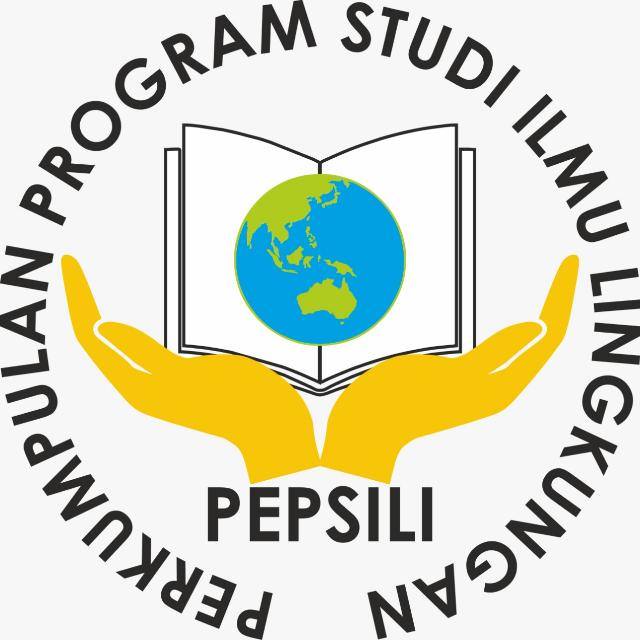Model taman literasi berbasis ecobrick
Abstract
Making literacy parks in schools is a very important means of improving the reading culture in students. The development of a green literacy park must pay attention to environmental sustainability aspects in the form of saving energy, water, materials and land suitability, in such a way as to reduce carbon emissions and maintain the availability of natural resources. Ecobrick is a solution that can be applied in schools so that plastic waste, especially soft plastic produced in schools, can be used as something useful, namely being used as a literacy park. This research method is descriptive qualitative. Collecting data is obtained through questionnaires, observation and documentation. The research was conducted at Junior High School Pekanbaru. The results showed that the amount of waste production for Junior High Schools Pekanbaru City which consists of 45 schools with a total of 30,639 students in 2020 the average production of plastic waste is 15 grams/day. Meanwhile, the total production of plastic waste at Junior High Schools Pekanbaru City is 456,620 kg/day. The construction of an eco-friendly ecobrick-based literacy park is one of the solutions in handling plastic waste in schools, by using an ecobrick of 600 ml aqua bottles, so the construction of an 8 m x 6 m park (48m² ) requires 10,800 ecobricks. Where in 1m² it takes 225 bottles or the equivalent of 45,000 grams of waste. So that for a garden with an area 48m² can degrade plastic waste 2,160,000 grams (2,160 tons) of garbage.
Keywords
Full Text:
PDFReferences
Asih, Hayati Mukti & Fitriani, Syifa. (2018). Penyusunan Standard Operating Procedure (SOP) Produksi Produk Inovasi Ecobrick. Jurnal Ilmiah Teknik Industri, 7(2), 144-150.
Direktorat Pendidikan Masyarakat, (2006). Pedoman Pengelolaan Taman Bacaan Masyarakat. Jakarta: Direktorat Jendral Pendidikan Luar Sekolah. h.23
Direktur Jenderal Pendidikan Anak Usia Dini, Nonformal, dan I. (2012). Petunjuk Teknis Pengajuan dan Pengelolaan Taman Bacaan Masyarakat (TBM) Ruang Publik. Jakarta: Kementerian Pendidikan dan Kebudayaan.
Fatchurrahman. (2018). Manajemen Pengelolaan Sampah Berkelanjutan Melalui Inovasi “Ecobrick†Oleh Pemerintah Kota Yogyakarta. Https://Www.Researchgate.Net/Publication/325284392. Manajemen Pengelolaan Sampah Berkelanjutan Melalui Inovasi Ecobrick Oleh Pemerintah Kota Yogyakarta. Di akses 24 Agustus 2020.
Saepudin, E. (2016). Tingkat Budaya Membaca Masyarakat (Studi Kasus Pada Masyarakat Di Kabupaten Bandung). Jurnal Kajian Informasi dan Perpustakaan, 3(2), 276.
Suminto, Sekartaji. (2017). Ecobrick Solusi Cerdas dan Kreatif untuk Mengatasi Sampah Pelastik. Productum: Jurnal Desain Produk (Pengetahuan dan Perancangan Produk) 3 (1):26-34.
Wiji Suwarno, (2010). Pengetahuan Dasar Kepustakaan. Bogor: Ghalia Indonesia, 2010), h. 31.
DOI: https://doi.org/10.52364/zona.v5i2.49
Refbacks
- There are currently no refbacks.

This work is licensed under a Creative Commons Attribution-NonCommercial 4.0 International License.







